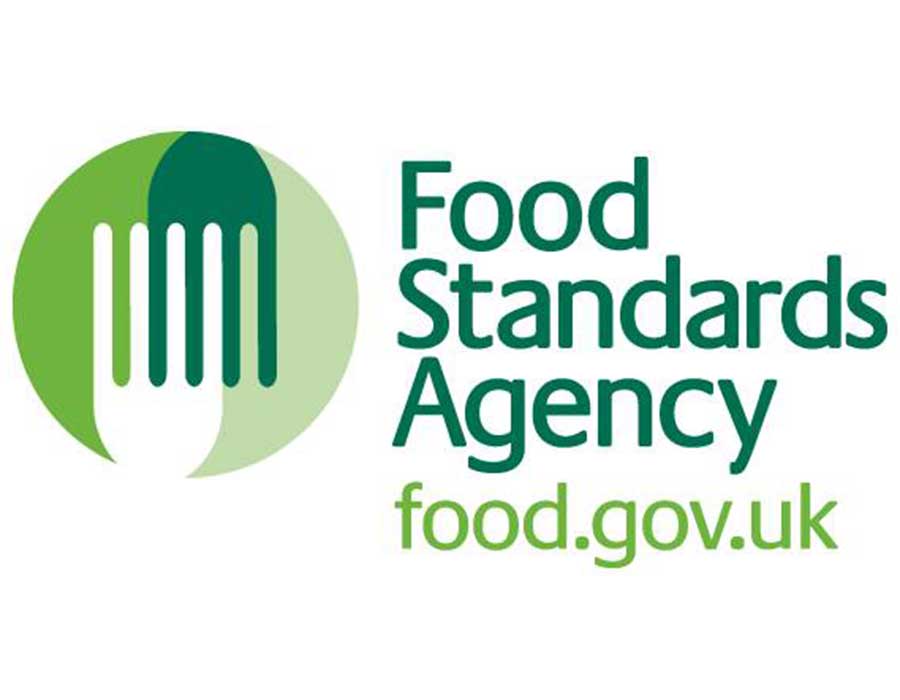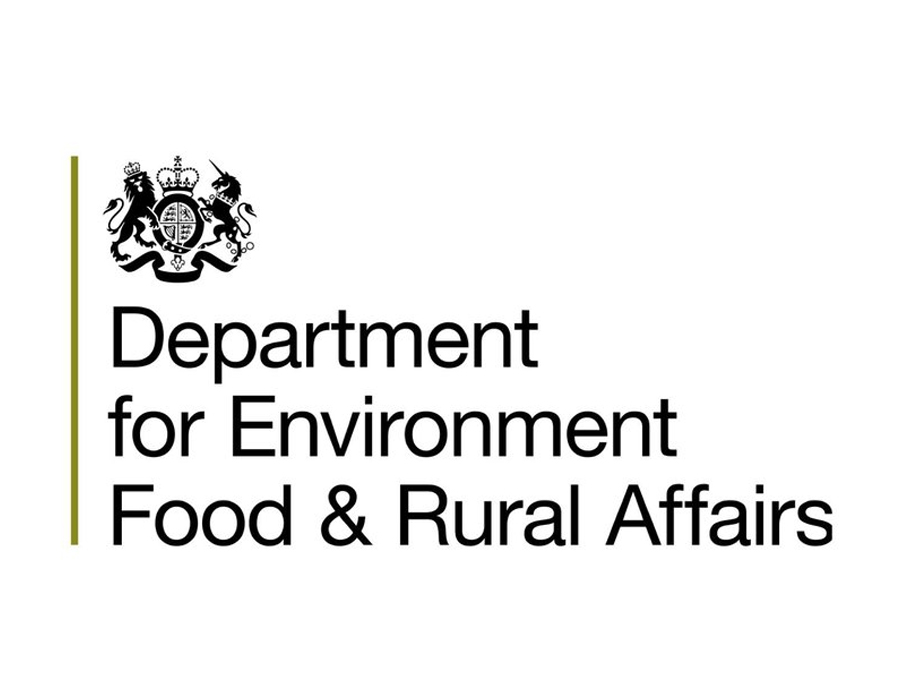Research carried out by the Food Standards Agency has revealed that one in seven food safety positions within food control authorities are vacant in England, Wales, and Northern Ireland, while 25% remain unfilled in Scotland.
Food safety allocated posts supported by local authorities in England, Wales, and Northern Ireland have decreased by almost 14% since 2011/12, and just over 25% in Scotland compared to 2016/17. Additionally, food standards officer allocated posts dropped 45.1% between 2011/12 and 2021/22 in England, Wales, and Northern Ireland.
These latest figures add to the findings of a survey carried out in 2020 which revealed trading standards officer staffing levels had also dropped between 30 and 50% between 2008/09 and 2018/19. Over half of UK local authorities believe they lack adequate resources to deliver food controls, whilst the ageing workforce was a threat to future professional capacity.
Retention issues include a lack of career progression opportunities, increased workloads, the burden of continued professional development and early retirement among experienced staff. The FSA Competency Framework, which details what officers’ qualifications enable them to do and what roles they can apply for, was found to be difficult to understand.
You can read more on the CIEH website
UK CIEH announced on 25 January 2024 that one in seven food safety positions are vacant in England, Wales and Northern Ireland, while 25% remain unfilled in Scotland, according to FSA research. Data also show that food standards officer allocated posts dropped 45.1% between 2011-2012 and 2021-2022 in England, Wales, and Northern Ireland, and trading standards officer staffing levels dropped 30%-50% between 2008-2009 and 2018-2019. It is therefore unsurprising that over half of UK local authorities believe they lack adequate resources to deliver food controls. FSA intends to work with key stakeholders to evaluate the findings of its research and ensure a sustainable supply of competent, authorised food and feed officers.
https://www.cieh.org/ehn/ehn-extra/2024/1-january/uk-food-safety-at-risk-due-to-lack-of-staff/




















